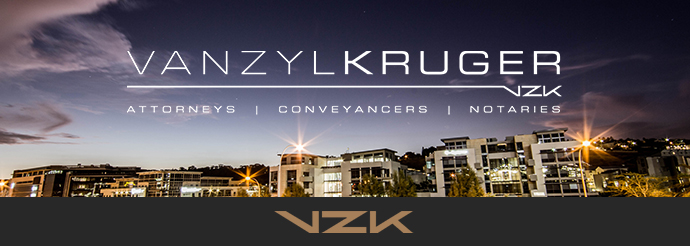You are mired in bitter dispute with a body corporate, a security complex neighbour, a panel beater, a builder, SARS, your bank, a hospital – no matter who your fight is with, think of looking for an ombud to complain to. Ombuds are independent and impartial, some have the power to make binding determinations, most are free, and all offer the hope of resolving your dispute fairly and efficiently.
We share a list of some of the more important ombuds whose jurisdiction extends beyond just one entity, with links to their websites and email addresses, and notes on their telephone numbers and the types of complaint they will address. We end off with the thought that because structuring your complaint correctly up front is critical to a successful outcome, calling in legal assistance is a no-brainer here.


